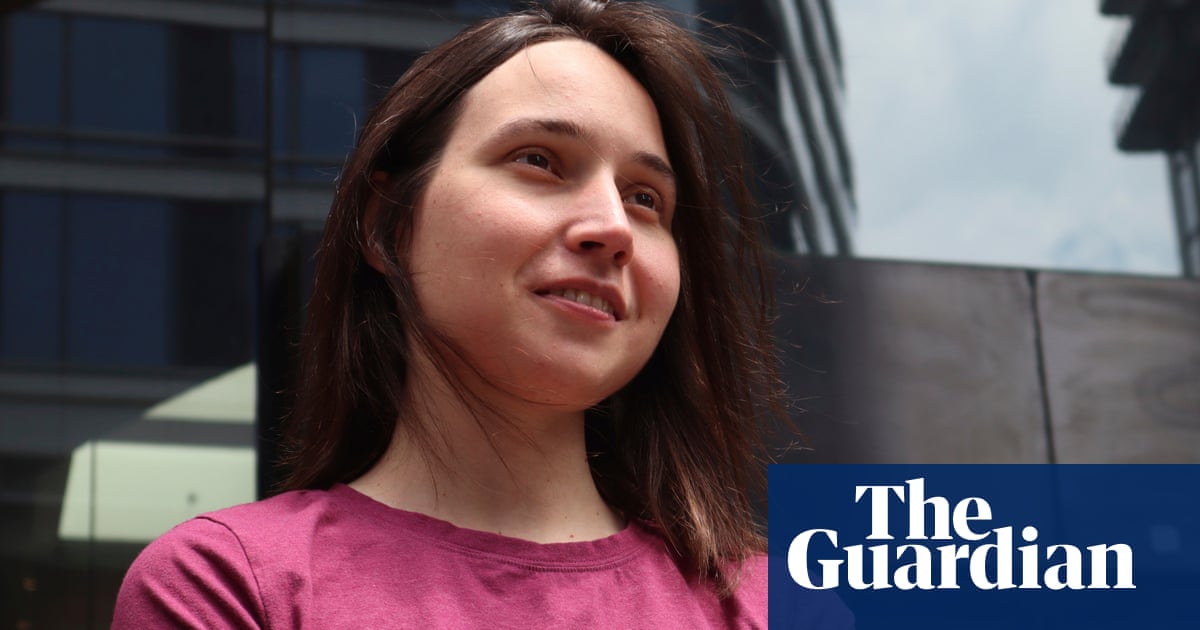Harvard Researcher Released on Bail Amid Smuggling Charges
In a significant turn of events, a judge has released Kseniia Petrova, a 30-year-old Russian-born scientist and researcher at Harvard University, who was charged with smuggling frog embryos into the United States. After being held in federal custody since February, Petrova was freed on bail following a brief court hearing held on Thursday.
Emotional Release and Courtroom Drama
Dressed in an orange jumpsuit, Petrova’s appearance in court marked a notable moment as she walked out smiling, laughing, and hugging supporters outside the courthouse. This emotional release highlights not only her personal journey but also the broader implications of her case within the context of U.S. immigration and academia.
Details of the Charges
The center of the controversy revolves around Petrova’s travel from France, where she had visited a research lab specializing in frog embryo studies. While passing through a checkpoint at Boston Logan International Airport, U.S. Customs and Border Protection officials questioned her about the package containing biological samples. The situation escalated, leading authorities to allege that Petrova had lied about the nature of the materials and intended to smuggle them into the country without proper declaration.
According to a statement from the Department of Homeland Security, Petrova’s phone messages suggested premeditated plans to bypass customs regulations. However, during an interview with the Associated Press earlier this year, Petrova maintained that she was unaware of the need to declare the items.
The Legal Journey
Petrova’s legal challenges intensified when her visa was abruptly canceled following an interrogation. She found herself briefly detained by immigration officials in Vermont, where she filed a petition seeking her release. Eventually, she was transferred to a U.S. Immigration and Customs Enforcement (ICE) facility in Louisiana, notorious for housing high-profile detainees.
In May, the charges against her escalated with a formal smuggling indictment. A federal judge later deemed the actions of the immigration officers as unlawful, concluding that Petrova posed no danger and that the embryos in question were non-living and non-hazardous.
Academic and Personal Impact
Petrova’s colleagues at Harvard have publicly defended her, emphasizing her "irreplaceable" expertise in the field of biological research. They contend that foreign scientists like her enrich U.S. academia and contribute significantly to innovation and knowledge.
Amid the legal tussles, Petrova expressed grave concerns about potential persecution if she were to be deported to Russia, particularly given her outspoken opposition to the Russian invasion of Ukraine. This fear adds a layer of urgency to her case, reflecting the complexities faced by many foreign academics in the U.S.
Conditions of Release and Future Hearings
The agreement for Petrova’s release on bail included several stipulations, such as limited travel and the retention of her passport by authorities. She must return to court next week for a probable cause hearing regarding the smuggling charge, which could further unravel the circumstances surrounding her detention and case.
Magistrate Judge Judith Dein, who presided over the bail hearing, ended the session with a light-hearted comment about the weather, saying, “I hear it’s sunny. Goodbye.” This interaction, while casual, underscored the gravity and emotional weight of the proceedings for Petrova and those supporting her.
This case touches on broader themes of immigration policy, the treatment of foreign researchers, and the ongoing dialogues surrounding academic freedom in the United States. As developments unfold, the implications of Petrova’s legal battles will likely resonate beyond her personal situation, raising questions about the intersection of science, policy, and human rights.


